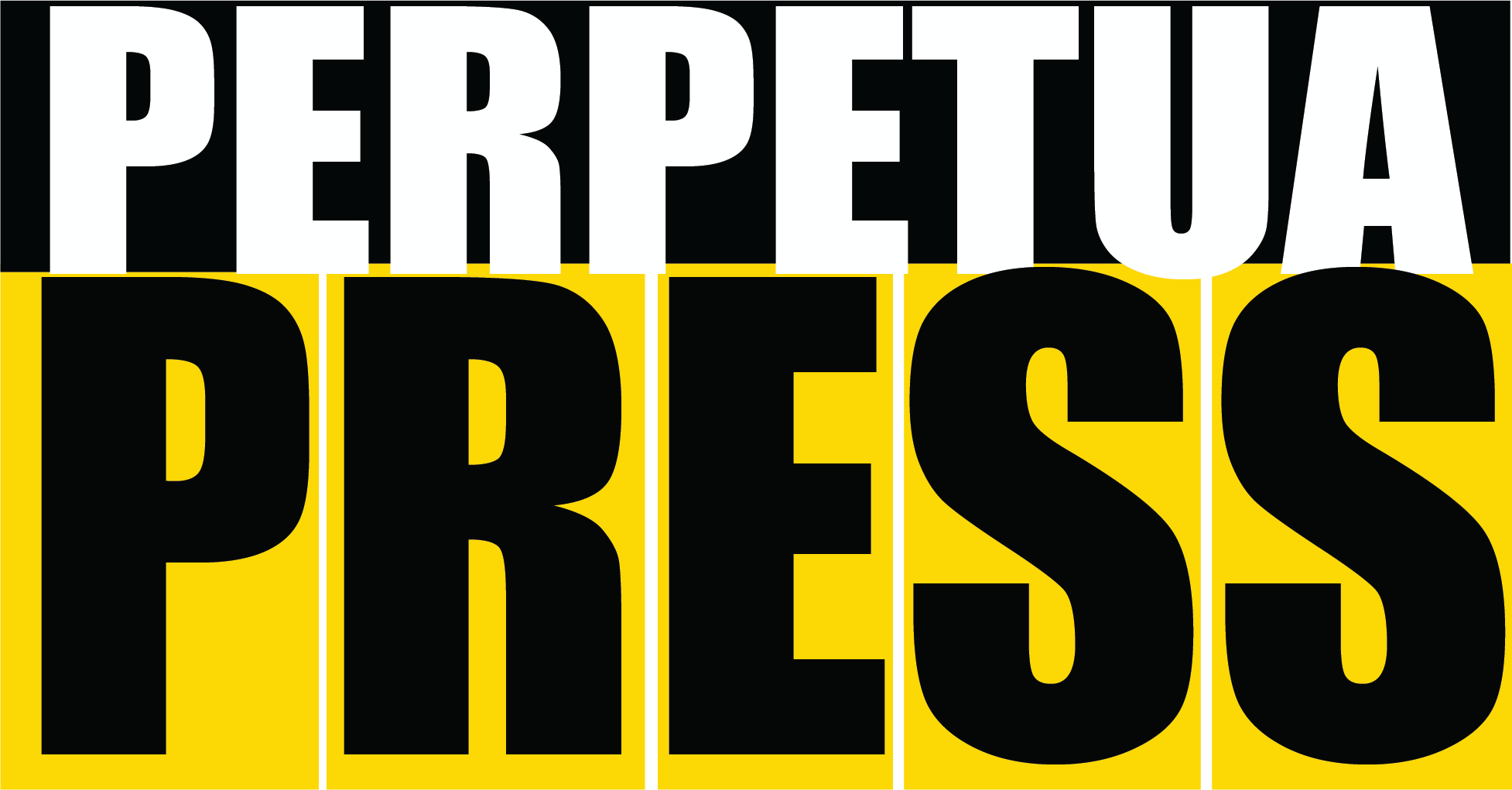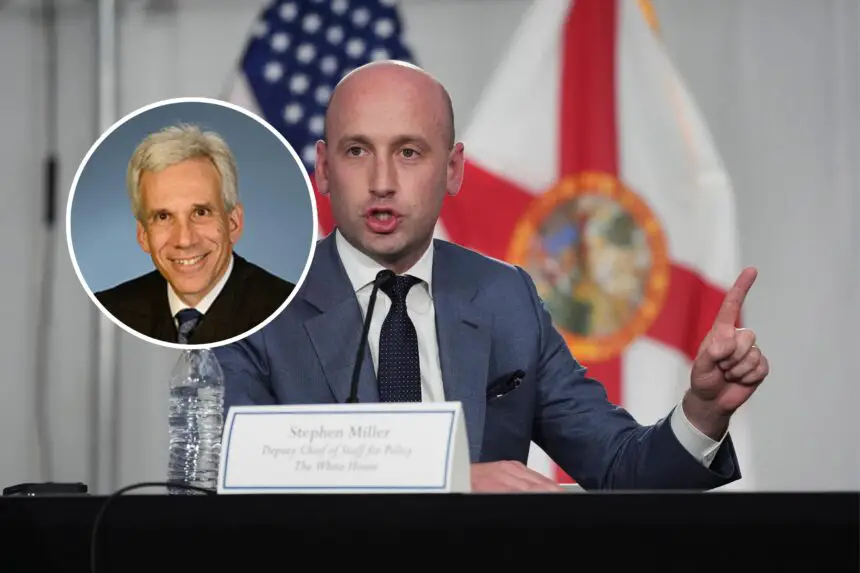Stephen Miller Attacks Federal Judge’s Ruling on Trump’s Asylum Ban
Stephen Miller, White House deputy chief of staff for policy and homeland security advisor, launched a scathing attack on a federal judge’s ruling Wednesday that President Donald Trump’s suspension of asylum access at the southwest border was unlawful.
“To try to circumvent the Supreme Court ruling on nationwide injunctions a marxist judge has declared that all potential FUTURE illegal aliens on foreign soil (e.g., a large portion of planet earth) are part of a protected global ‘class’ entitled to admission into the United States,” Miller wrote on X, formerly Twitter.
U.S. District Judge Randolph Moss put the ruling on hold for two weeks to give the government time to appeal.
Why It Matters
The ruling from a federal district court judge comes after the U.S. Supreme Court ruled last week that lower courts could not issue nationwide injunctions on presidential actions.
However, Moss said that nothing in the Constitution or immigration law allowed the federal government, including Trump, to “adopt an alternative immigration system.”
What To Know
Miller has been clear that he does not believe lower-court judges should be dictating White House policy, joining the president in calling them activists and Marxists at times when their rulings have looked to block policies, including on immigration, nationwide.
Trump saw last week’s Supreme Court ruling as a big win, potentially opening routes to implement many of his policies introduced in the first week of his second term that have been held up by legal challenges.
What Is Donald Trump’s Asylum Ban?
Wednesday’s ruling in the District of Columbia applies to Trump’s day one asylum ban, which effectively shut off a pathway into the U.S. for those seeking the status.
The proclamation, titled “Guaranteeing the States Protection Against Invasion,” used Supreme Court rulings which stated that it was the executive branch’s job to defend the country’s sovereignty, not Congress’.
Trump said he was cutting off asylum applications at the U.S.-Mexico border because of “public safety and national security risks” until further notice.
Who Did the Asylum Ban Impact?
The ban immediately impacted those seeking entry into the U.S. at the southwest border, with the Biden-era CBP One app, which had been used for appointments, discontinued.
Agents were told to process only those already with a visa or legal status, with the “Remain in Mexico” policy used to keep immigrants away. Immigrant advocacy groups sued over the ban, arguing that it would put those who had been seeking asylum in danger.
Arrests along the southwest border had already dropped sharply when Mexican officials increased enforcement within their own borders in December 2023 and again when President Joe Biden introduced severe asylum restrictions in June 2024.
Trump and his allies say the asylum system has been abused. They argue that it draws people who know it will take years to adjudicate their claims in the country’s backlogged immigration courts during which they can work and live in America.
But supporters argue that the right to seek asylum is guaranteed in U.S. law and international commitments—even for those who cross the border illegally. They say that asylum is a vital protection for people fleeing persecution—a protection guaranteed by Congress that even the president doesn’t have the authority to ignore.
People seeking asylum must demonstrate a fear of persecution on fairly narrow grounds of race, religion, nationality, or by belonging to a particular social or political group.
The ban likely had a big effect on illegal border crossings as well, with numbers plummeting from February onward.
Who Is Judge Randolph Moss?
Judge Randolph Moss, 64, was appointed to the U.S. District Court for the District of Columbia by President Barack Obama in 2014.
A graduate of Yale Law School, he worked as a law clerk for Judge Pierre N. Leval of the Southern District of New York and then Justice John Paul Stevens in the U.S. Supreme Court before working at a private law firm.
In 1996, Moss joined the U.S. Department of Justice (DOJ), serving as deputy assistant attorney general, acting assistant attorney general and then assistant attorney general through 2001.
He then worked privately again until his appointment to the bench by Obama.
When Did He Block the Asylum Ban?
After hearing arguments in April, Moss ruled on Trump’s asylum ban on Wednesday, July 2.
Moss said his order blocking Trump’s policy will take effect July 16, giving the Trump administration time to appeal.
Moss wrote that neither the Constitution nor immigration law gives the president “an extra-statutory, extra-regulatory regime for repatriating or removing individuals from the United States, without an opportunity to apply for asylum” or other humanitarian protections.
Moss acknowledged that the government faces “enormous challenges” at the southern border and an “overwhelming backlog” of asylum claims. But he returned several times in his 128-page ruling that the president is not entitled to prohibit asylum.
What Is the Immigration and Nationality Act?
The Immigration and Nationality Act (INA) is one of the primary pieces of legislation governing the U.S. immigration system, including enforcement.
Enacted in 1952, it has been modified several times over the decades, with the last major update in the early 1990s.
What People Are Saying
Judge Randolph Moss, in his ruling: “The President cannot adopt an alternative immigration system, which supplants the statutes that Congress has enacted.”
Keren Zwick, director of litigation at the National Immigrant Justice Center, in a press release: “We are grateful that the federal courts continue to agree with us that the right to seek asylum is a fundamental protection provided by Congress and ingrained in U.S. law for decades. No president has the authority to unilaterally block people who come to our border seeking safety. The courts have repeatedly sided with us on this issue, and we will continue to fight cruel policies, under any administration, that harm individuals and families who flee persecution.”
Adriana Piñon, legal director for the ACLU of Texas, in a press release: “This attempt to completely shut down the border is an attack on the fundamental and longstanding right to seek safety in the U.S. from violence and persecution.”
What Happens Next
The Trump administration is expected to appeal.








Great post. I was checking constantly this blog and I am impressed! Extremely useful information specifically the last part 🙂 I care for such information a lot. I was seeking this certain info for a long time. Thank you and good luck.